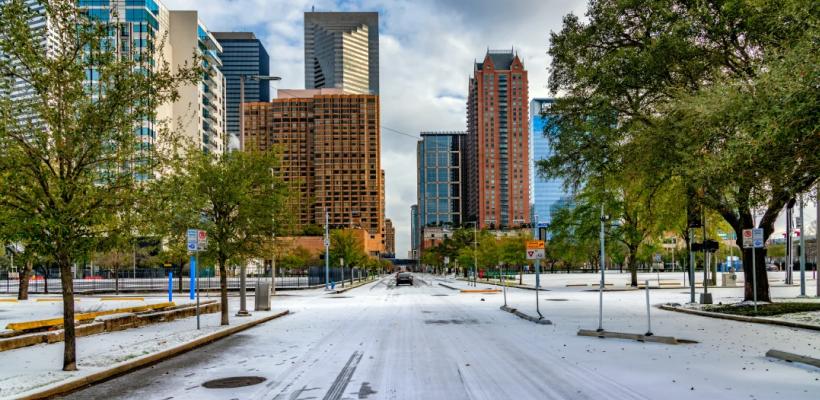Staying Warm and Saving Energy

While Houston might be known for its scorching summers, winter brings its own unique energy challenges that can catch even seasoned residents off guard. Though our winters are mild compared to other parts of the country, smart homeowners understand that efficient heating can make a substantial difference in both comfort and energy costs. The inconsistent nature of Houston's winter climate requires a strategic approach to home heating and energy management.
Unlike many northern states with prolonged, predictable winters, Houston experiences a unique climate characterized by short but occasionally intense cold snaps. Our heating needs are fundamentally different: we require systems that can quickly and efficiently warm homes during brief cold periods without unnecessary energy expenditure or undue system stress. This requires a more nuanced approach to home heating and energy management.
- Average Houston winter temperatures range from 40-60°F
- Humidity can make lower temperatures feel significantly more intense
- Sudden temperature shifts are more common in Houston than prolonged cold
- Typical winter cold spells last 24-48 hours, requiring flexible heating solutions
- Wind chill can dramatically impact perceived temperature
1. Older Neighborhoods (The Heights, Montrose)
- Prioritize comprehensive home insulation assessments
- Meticulously check for drafts around windows and doors
- Consider supplemental heating options tailored to older home architectures
- Explore historic home weatherization grants and programs
- Understand the unique thermal characteristics of vintage construction
2. Suburban Areas (Katy, Cypress)
- Invest in high-efficiency heat pumps designed for mild winters
- Use advanced programmable thermostats with smart learning capabilities
- Ensure proper HVAC system sizing specific to home square footage
- Consider zoned heating systems for multi-level homes
- Evaluate whole-home energy efficiency beyond just heating
3. Urban Areas (Midtown, Downtown)
- Focus on compact, high-efficiency heating solutions
- Utilize smart home technology for precise temperature control
- Account for the urban heat island effect's impact on heating needs
- Explore apartment and condo-specific heating optimization strategies
- Consider shared wall thermal dynamics in dense urban settings
1. Optimize Your Heat Pump:
- Heat pumps are ideally suited for Houston's mild winter climate
- They're significantly more energy-efficient than traditional heating systems
- Provide both heating and cooling with a single system
- Work efficiently even in temperatures as low as 40°F
- Require less maintenance compared to traditional furnaces
2. Manage Humidity:
- Houston's winter humidity can make rooms feel substantially colder
- Use sophisticated dehumidifiers to improve comfort and heating efficiency
- Seal moisture entry points to prevent heat loss and potential mold growth
- Understand the relationship between humidity, perceived temperature, and energy use
- Consider whole-home humidity control systems
3. Energy-Efficient Upgrades:
- Install high-quality weatherstripping
- Add comprehensive insulation to attics and walls
- Use thermal curtains designed to maximize heat retention
- Explore window film technologies for additional insulation
- Consider energy-efficient window replacements
Houston's grid can experience significant stress during sudden cold spells. Homeowners can prepare by:
- Maintaining heating systems through professional annual inspections
- Having backup heating sources and emergency preparedness plans
- Understanding electricity plan peak usage rates and potential surcharges
- Investing in portable heating alternatives
- Creating an emergency energy conservation plan
Cost-Saving Strategies
- Comprehensively compare electricity providers
- Implement advanced programmable thermostat technologies
- Conduct professional energy audits
- Develop zone heating strategies for larger homes
- Explore utility company energy-efficiency rebate programs
Texas continues to lead in energy innovation, with increasing investments in renewable energy sources. By optimizing your home's energy use, you're not just saving money—you're contributing to a more resilient, sustainable, and forward-thinking energy ecosystem.
Your home is a unique system with individual heating needs. While these tips provide a foundation, consulting with our Champion and Nash heating experts. We can help you develop a truly customized winter energy strategy tailored to your home in Metro Houston and the area.
Pro Tip: Most Houston homeowners can save 15-25% on winter energy costs by implementing just a few of these strategic approaches.